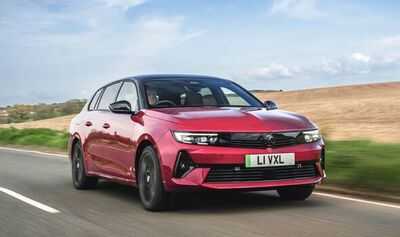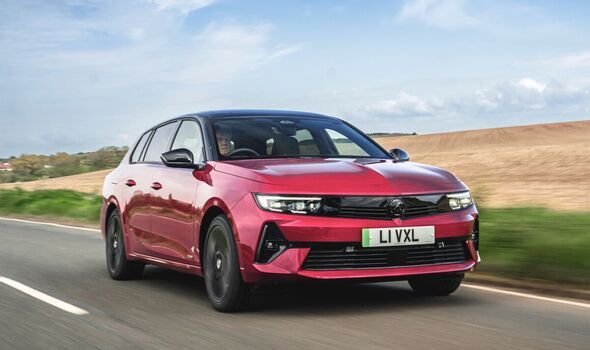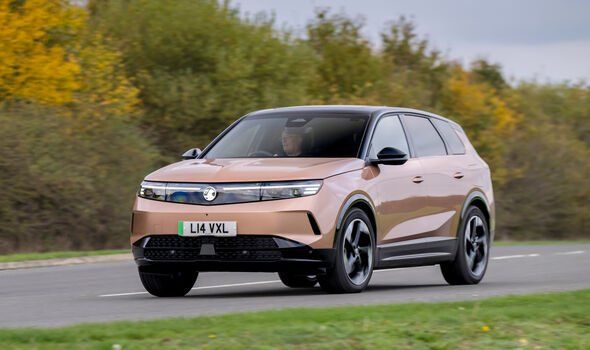

has lowered the prices of some of its top in a bid to help owners dodge expensive . The British manufacturer has confirmed that the prices of its Astra Sports Tourer and Grandland electric cars will drop below £40,000 to avoid the new Expensive Car Supplement (ECS).
Electric cars have been liable to pay the additional ECS fee from April 1, 2025 as part of a major overhaul. The ECS charge is an additional £425 fee applied to models with a list price of over £40,000 and has previously only applied to luxury petrol or diesel models. The rate is applied between the second and sixth years of ownership meaning the new charge would have cost motorists an extra £2,125 over the first six years of a car's life.

Eurig Druce, acting managing director of Vauxhall, warned the new rule meant those switching to electric models were being "penalised".
Eurig said: "The threshold for the Expensive Car Supplement has remained at £40,000 since inception in 2017, despite subsequent high levels of inflation. If it were to have risen with inflation, it would now be around £52,000.
"With the average price of an EV in the UK at around £48,000, this new tax means that customers buying some of the more attainable electric cars on the market are now being penalised whilst at the same time we're trying to move as many British motorists to electric as quickly as possible."
Vauxhall confirmed the Grandland Electric Ultimate , down from its previous £40,495 fee.
Meanwhile, the Astra Electric Sports Tourer Ultimate has also been cut with models priced at £39,995 instead of £40,695.
ECS fees meaning costs could add up fast.
In comparison, the owner of a car under £40,000 will pay £1,170 in VED in the first six years compared to a total of £3,295 for those over the threshold.
Previous analysis found the than the current average upfront cost of an electric vehicle.
Eunig said they would "urge the government to reconsider this new measure" in a bid to incentivise road users to make the switch to electric models.